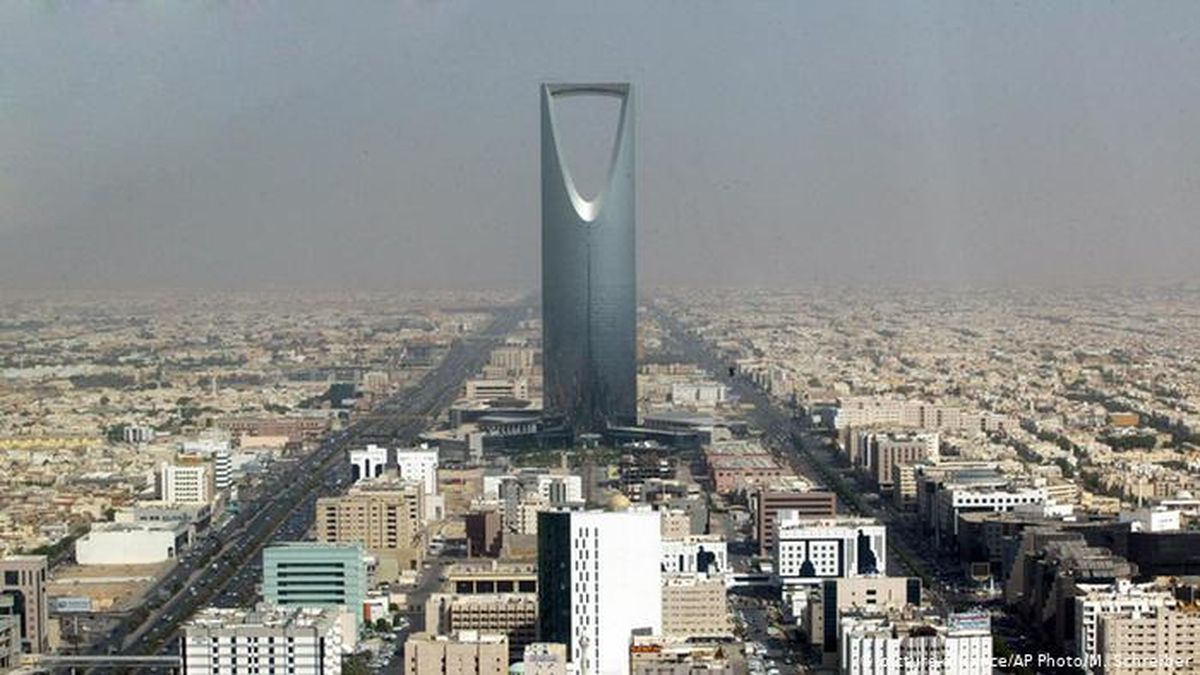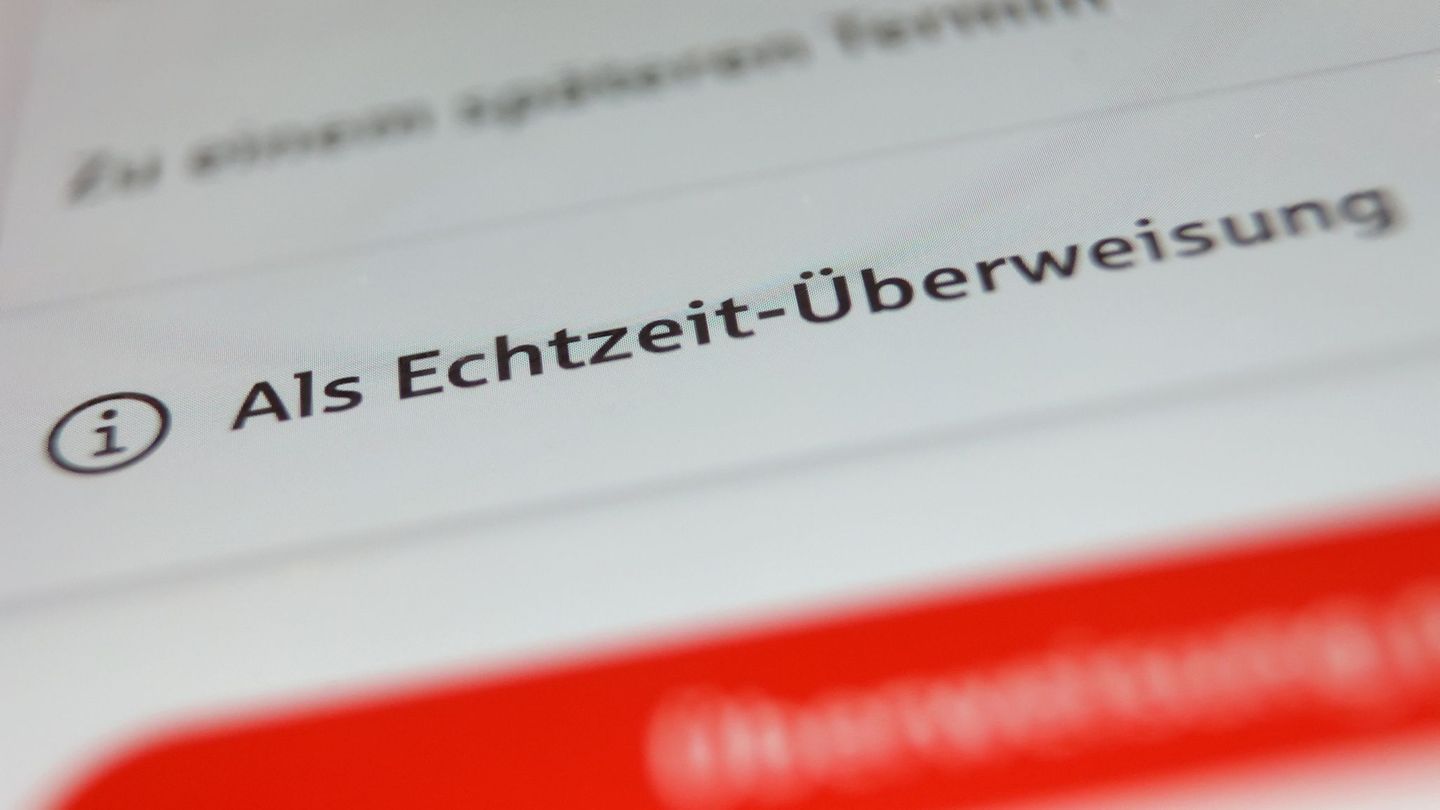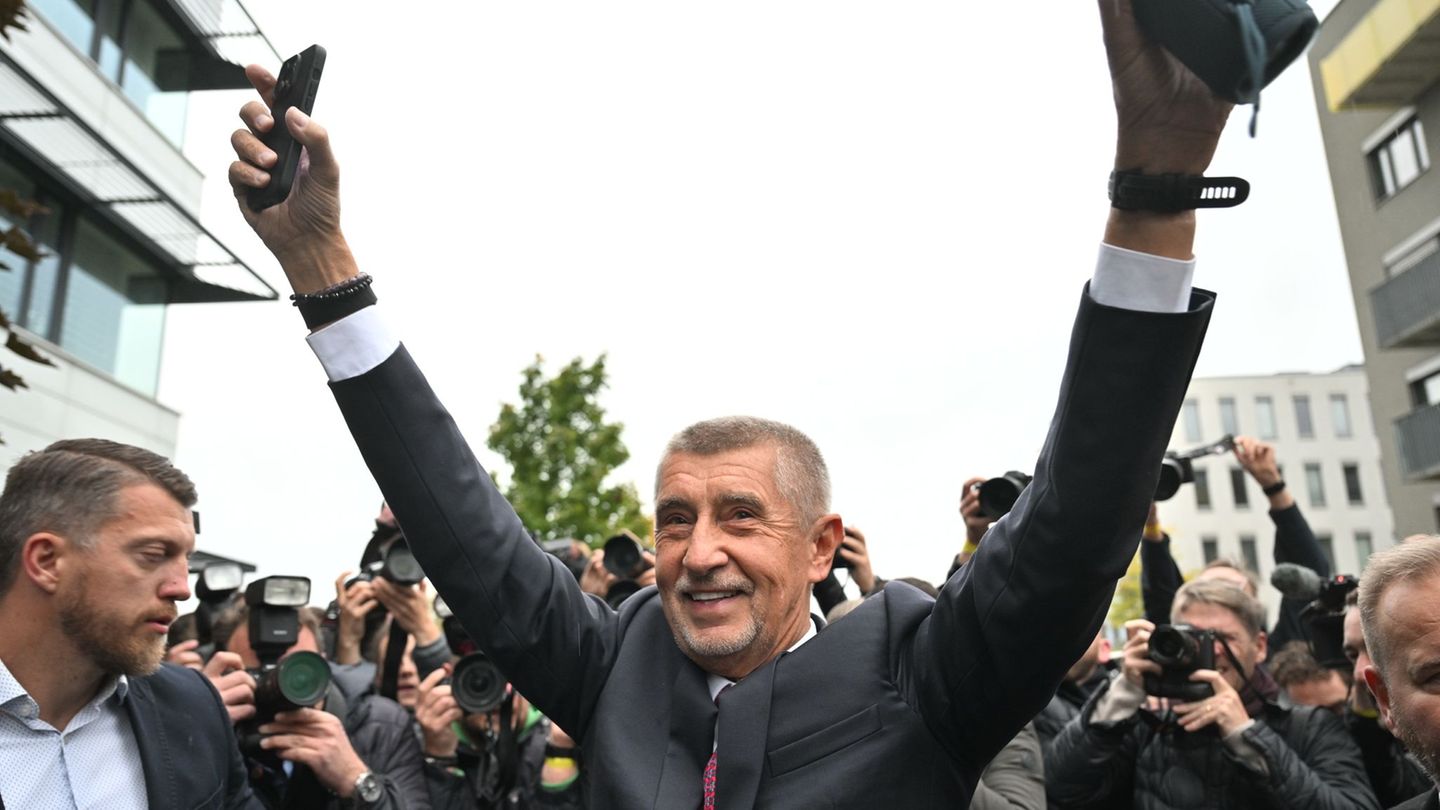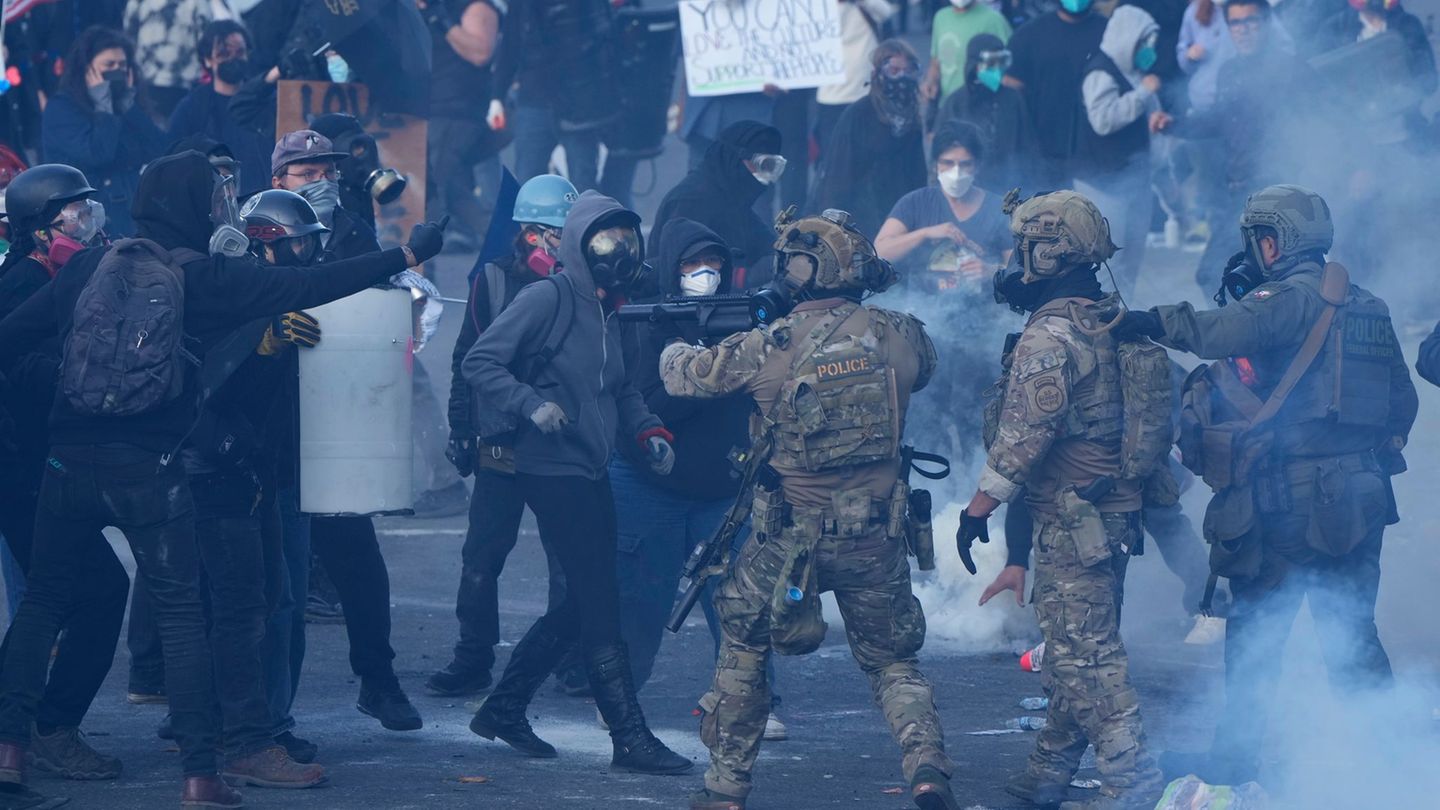In a televised speech, the crown prince said the kingdom also wishes to join international efforts to reduce methane emissions by 30% by 2030.
According to the UN, more than 130 countries have set or plan to set a goal of reducing greenhouse gas emissions to a net level of zero by 2050, a goal that the international body considers “imperative” to preserve a livable climate.
“Today announced the goal of zero emissions by Saudi Arabia by 2060 thanks to a strategy of circular economy of carbon”, which aims to increase the efficiency of the use of resources and reduce the environmental impact, said the official, who participates in the environmental forum “Saudi Green Initiative”.
“I am honored to announce these initiatives in the energy sector that will reduce carbon emissions by 278 million tonnes annually between now and 2030, which is practically double our announced targets so far,” continued the crown prince.
These announcements are made public a day after UN Secretary General António Guterres called the current climate situation “a one-way ticket to disaster” and stressed the need to “avoid failure” at COP26.
The summit comes at a crucial time to determine global carbon emission reduction targets and fight global warming.
In March, Saudi Arabia launched a campaign to limit climate change and reduce its polluting emissions, which included for example the planting of millions of trees in the coming decades.
In terms of carbon, it is a relatively important country, emitting around 600 million tons of CO2 (carbon dioxide) per year, more than France but slightly less than Germany (800 million tons). Riyadh’s goal in 2060 is further away than dozens of other countries aiming to reach it by 2050.
The country, leader of the Organization of the Petroleum Exporting Countries (OPEC), wants half of its energy to come from renewable sources by 2030, Bin Salman said previously.
Today, the crown prince noted that his country wants to initially plant more than 450 million trees and rehabilitate some 8 million hectares of degraded land.
Saudi Arabia is also committed to creating “new protected areas and ensuring that these represent 20% of its entire territory,” said the leader, adding that the cost of these investments is estimated at more than 700 billion riyals (about 186 billion riyals). of dollars).
Riyadh currently uses oil and natural gas to meet its own rapidly growing demand for electricity and to desalinate its water.
David William is a talented author who has made a name for himself in the world of writing. He is a professional author who writes on a wide range of topics, from general interest to opinion news. David is currently working as a writer at 24 hours worlds where he brings his unique perspective and in-depth research to his articles, making them both informative and engaging.




